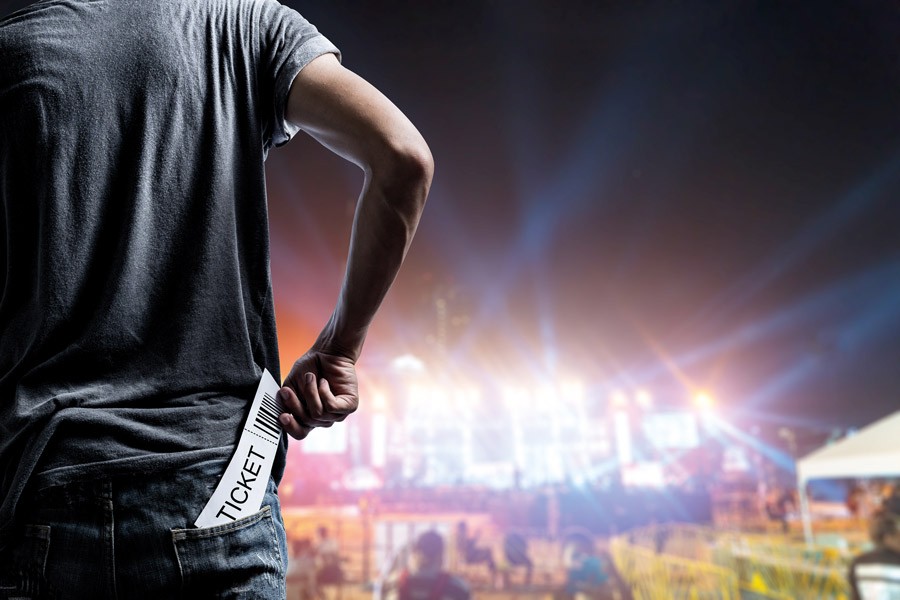How can we use art to address mental health stigma? Dr Alexei Sammut writes about the art book Living with Mental Illness and the accompanying exhibition, which are his contributions to strengthen the discourse on mental health in Malta.
Declining mental health is a global burden. Anxiety, depression, and substance abuse are on the increase. Current estimates from the World Health Organization report that one in every four of us will experience some form of mental health challenge during their lifetime. By 2020, these figures are expected to double. And while support services do exist, their accessibility can be difficult.
There is no one explanation for this. The issue is complex and multifaceted. A lack of information on such services is a major contributing factor, however, stigma continues to be the main reason people refrain from seeking support and advice. Just a decade ago, discussing depression, eating disorders, self-harm, and suicide in Maltese public fora was unimaginable. And while things have improved—social media provides plenty of evidence—we cannot become complacent.
As part of my PhD, I looked into the attitudes of Maltese nurses and midwives towards mental illness. As people working in caring professions within medical settings, they are on the front lines of community health, seeing people from all walks of life, day in day out.
What I found was that while local nurses and midwives hold a positive attitude towards individuals with a mental illness, continued education, public engagement, and mental health literacy promotion are imperative.
Nurses and midwives who followed specific mental health nursing training held the highest positive attitudinal scores. This finding highlights the important correlation between education and mental health literacy to the attitudes towards those with a mental health condition. Without adequate mental health literacy, stigmatising attitudes will prevail, and people will not receive the care they need.

With this knowledge in hand, I wanted to raise awareness around mental health. To do this, I combined my goal with my love for art, collaborating with local artist Anthony Calleja to explore the lived experiences of living with mental illness.
Calleja produced 18 works of art, all of them depicting mental illness based on first hand accounts from people living with the diseases. The idea was to increase awareness and generate discussion without the need for text. Visual art allows for nuanced personal interpretation, empowering the individual to reflect and absorb the messages within the art they are viewing. People use metaphors to relate to their life situations, especially when things become difficult to explain. Like metaphors, art can be used to express things that cannot be stated in words. Art can be a therapeutic medium that helps people reach out. But this was not all we planned to do with the initiative.
Calleja’s pieces were collocated into a book titled Living with Mental Illness. The publication was launched at an exhibition of the original works. On the night, I conducted a study through questionnaires investigating people’s own interpretations of the works and the emotions they conveyed.

Although data analysis is still at a preliminary stage, findings seem to agree with the national survey on health literacy carried out in 2014 by the Maltese National Statistics Office on behalf of the Office of the Commissioner of Mental Health. In 2014, research showed that 42.5% of the Maltese population have a problematic level of health literacy. This further highlights the importance of education and health promotion campaigns.
We’ve all heard someone around us say that mental health is as important as physical health, and we need to act on that adage. We cannot shy away from giving it the attention it deserves. Now is the time to speak out and collaborate as a collective. We need to listen closely to those among us who are struggling, especially to those who use our community’s mental health services. Only they can help us revamp and address the challenges that lie ahead.






